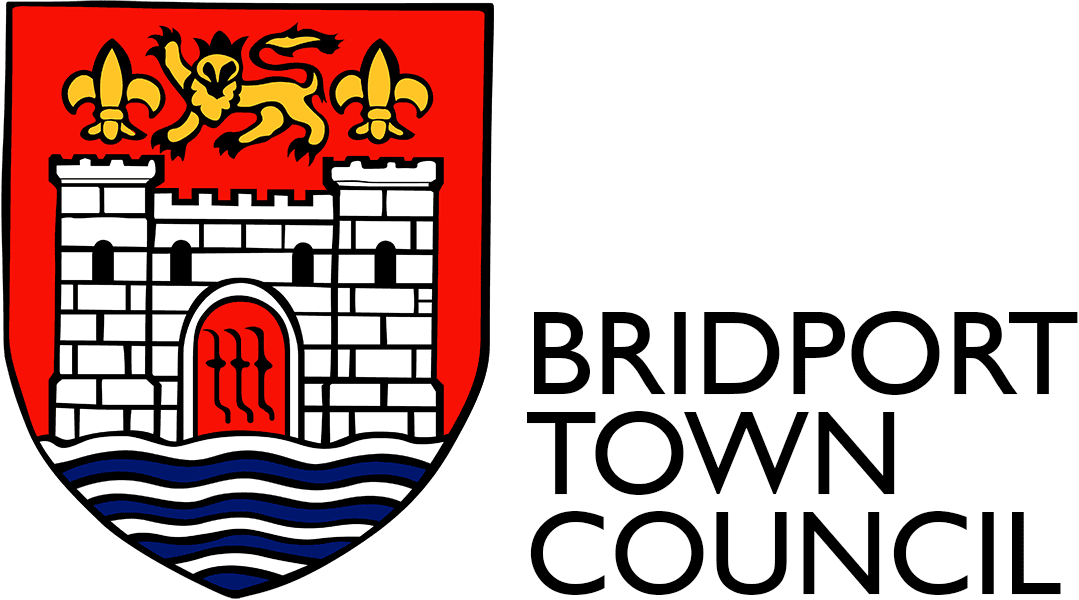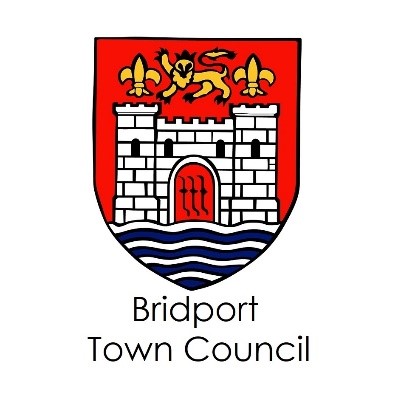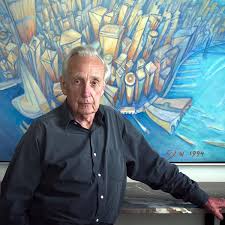
Sir Brian Urquhart – a true citizen of the world born in Bridport
When I was young, I used to see my parents discussing the latest obituary in their daily paper. People I had never heard of but who clearly meant something to them and were in the main spoken of with love and sadness at their passing. All of which passed over my young head. Today I find myself turning to the obituary page of my daily newspaper with the same level of interest my parents showed all those years ago. Inevitably the people I read about are increasingly of the same generation or a little older than me. The reason they are known to me is usually a single one but as I read about their lives, facets are revealed that are new and fascinating.
Occasionally I come across an obituary for someone unknown to me who has quietly made a profound mark on the world we live in today. Such was the case when I read of the passing of Sir Brian Urquhart, who passed away on the 2nd January at the age of 101 at his home Tyringham, Massachusetts. His long and eventful life was, I’m ashamed to admit, something I was completely unaware of. His was a life truly well lived and his legacy will continue to have a profound impact for years to come. So I thought I would share this with you.
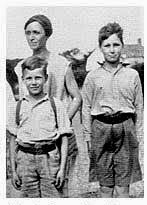
The first surprising fact I learned about Sir Brian was that he was born in Bridport in 1919 in his grandfather’s house. His father was Murray Urquhart and his mother Bertha (née Rendall), a schoolteacher born in Bridport. She was the daughter of Edward Pratt Rendall, one of Bridport’s prominent manufacturers of ‘Twine, Shoe Thread and Net’. (Rendall and Coombs), and Mary Priscilla Mellersch. He was their second son and can be seen with his mother and older brother in the image on the right.

As soon as I learned that he was born in Bridport I was hooked and wanted to know more.
He was brought up by his mother after his parents’ marriage broke up. His education began as the only boy among the 200 girls at Badminton School for Girls in Bristol, where his mother had become a teacher. Afterwards, he won a scholarship to Westminster school in London and went onto Christ Church, Oxford, in 1937. After two years at Oxford University, he joined the British Army when World War II began in 1939.
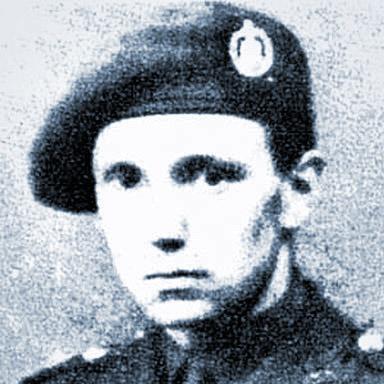
During training camp in 1942, his parachute partly failed in the last moments of a jump; he recalled looking up at its “tulip shape” as he plunged into a ploughed field. Severely injured, he was told he might never walk again. But within a year he had rejoined his unit and saw action in North Africa and Sicily.
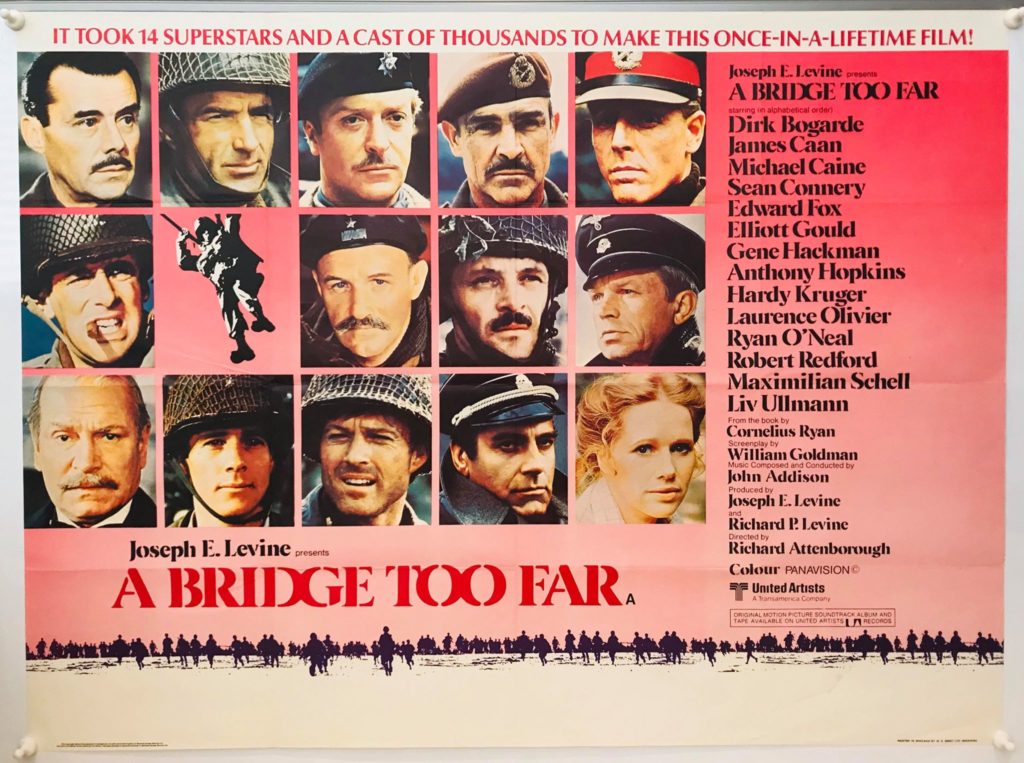
In 1944, as a senior intelligence officer, Sir Brian, unsuccessfully opposed Operation Market Garden, an ill-advised airborne assault to seize bridges over the Rhine. Its failure cost 17,000 Allied casualties. The episode was chronicled in a 1974 Cornelius Ryan book, “A Bridge Too Far,” and in a 1977 Richard Attenborough film of the same name in which his character was named Major Fuller, to avoid confusion with General Urquhart.
Later in the war, searching for German atomic research sites, he stumbled upon the horrors of the Bergen-Belsen concentration camp.
After the end of WW2 he joined the United Nations (UN) at its birth in 1945. It was here that he would truly make his mark.
While peacekeeping was not originally envisioned for the United Nations, Sir Brian, as deputy to Dr. Bunche, the American who won the Nobel Peace Prize for mediation of the 1948 war in the Middle East, firmly believed in the UN as an arbiter of international disputes. He was instrumental in creating its peacekeeping forces, calling them an army without an enemy — only difficult clients.
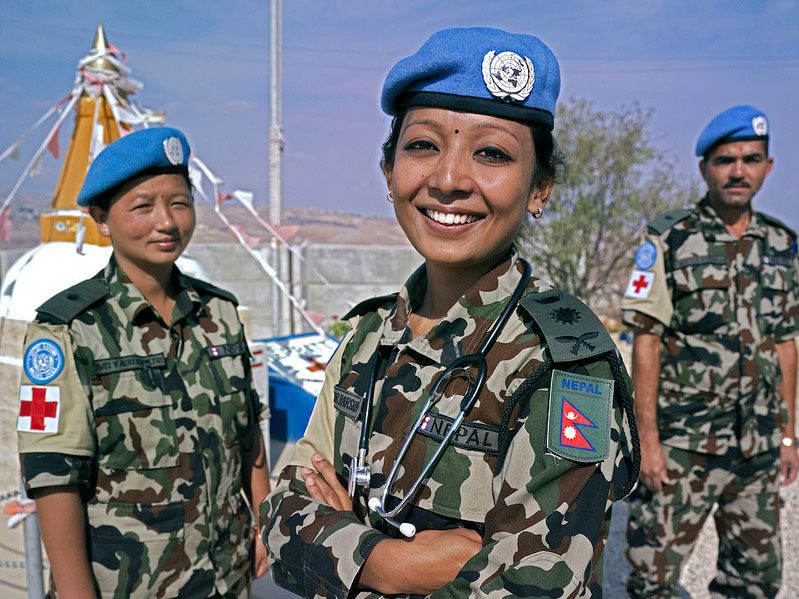
It was Sir Brian who decided that UN troops should wear blue helmets to distinguish them from actual combatants, and he articulated the principles of their peacekeeping operations, saying they should enter a war zone only with broad political support and a mandate to remain above the conflict, to use force only as a last resort and ultimately to end hostilities and facilitate negotiations.
In a postwar era rife with revolutions, regional disputes and Cold War conflicts, darkened by fears of an East-West nuclear conflagration, Sir Brian deployed and often led his lightly armed peacekeepers into war zones in the Middle East, Congo, southern Africa, Kashmir, Cyprus and other places. They sometimes failed to defuse explosive situations, but often succeeded in easing tensions and assisting refugees.
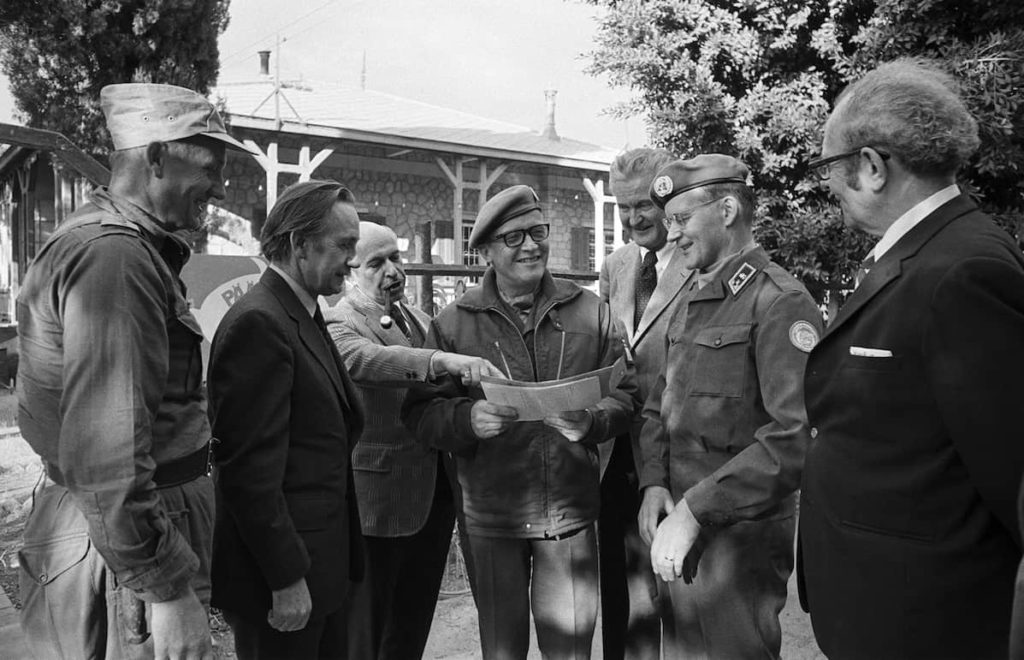
Whilst working for the UN he was kidnapped and severely beaten by rebels in the Democratic Republic of Congo, leapt out of an airplane at 1,200 feet and survived when his parachute partly failed as he landed. He led peacekeeping forces in many war zones. He once downed a bottle of whiskey to avoid freezing on a subzero flight through a blizzard to find Yasser Arafat.
The present UN Secretary General Antonio Guterres said on hearing of his passing.
“Sir Brian’s imprint on the United Nations was as profound as that of anyone in the Organisation’s history”,
“He set the standard for the international civil service: dedicated and impartial”.
“As an aide to Secretary-General Dag Hammarskjöld, he helped to define the UN’s scope of action in addressing armed conflict and other global challenges. And as a close associate of Ralph Bunche, the renowned UN official and Nobel Peace Prize winner, Sir Brian helped to establish and then propel international peacekeeping into wide-ranging use”.
“Across the decades, in service to several of my predecessors, Sir Brian[’s]… involvement in global affairs continued well after the end of his UN career through extensive writings that included definitive biographies of Hammarskjöld and Bunche”.
“He was also a mentor for UN staff and countless young people as they pursued their careers”, said the Secretary-General. “We are grateful for his brilliant and incomparable contributions as a stalwart servant of ‘we the peoples’”.
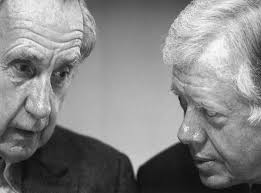
Until his retirement in 1986, he worked as a principal adviser to five UN secretaries-general, directed 13 peacekeeping operations, recruited 10,000 troops from 23 countries and instituted peacekeeping as one of the core tenets of the Organisation. The image on the left shows him deep in conversation with US President Jimmy Carter.
In his memoir, A Life in Peace and War, about the UN’s earliest days, Sir Brian wrote: “We were all optimists…who believed in the possibility of organising a peaceful and just world”.
But most of all he was — especially in retirement — a devoted family man, a beloved patriarchal rock to his 30 descendants and second wife of nearly 60 years, Sidney, famous for her beauty and a tolerance of pretentiousness that was even lower than Brian’s. They adored one another and sparred merrily. She survived him by just one day.
Sir Brian Urquhart’s life was one truly well lived and as a son of Bridport his legacy fits perfectly with our Citizens Charter and Rights Respecting Town principles.
The information contained in this Blog has been sourced from The United Nations website, The Times, The Guardian, The Telegraph and The New York Times
